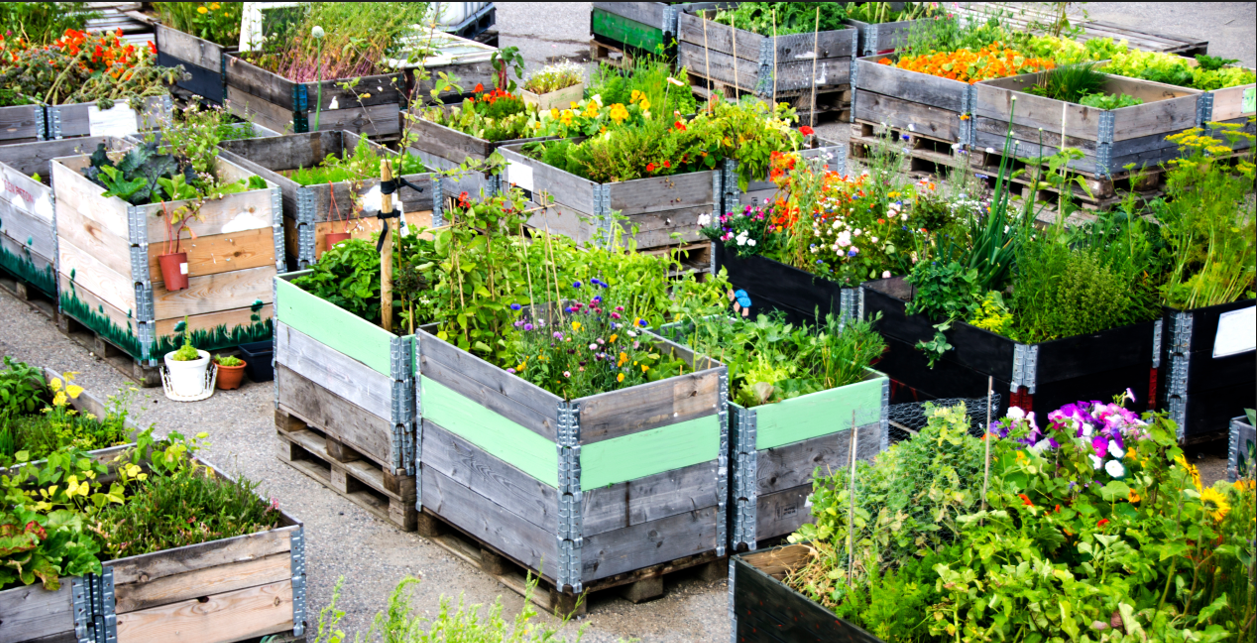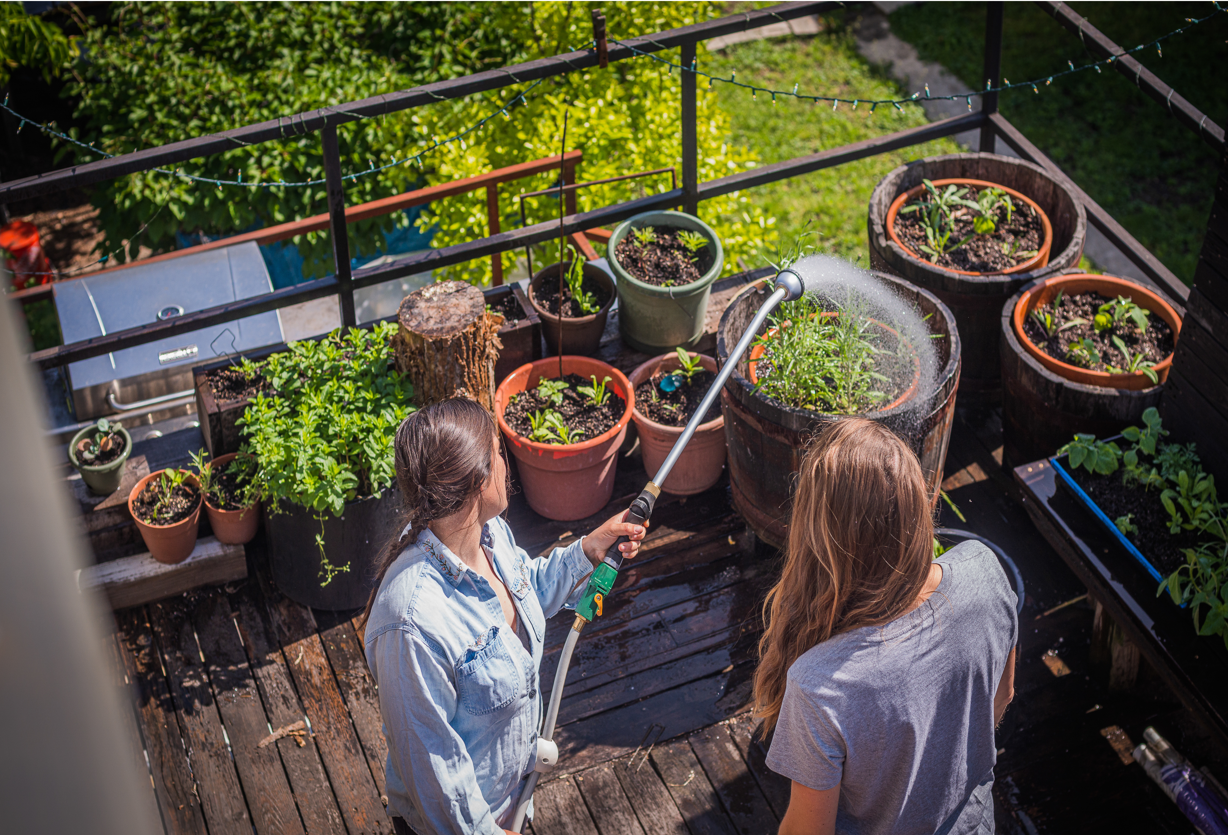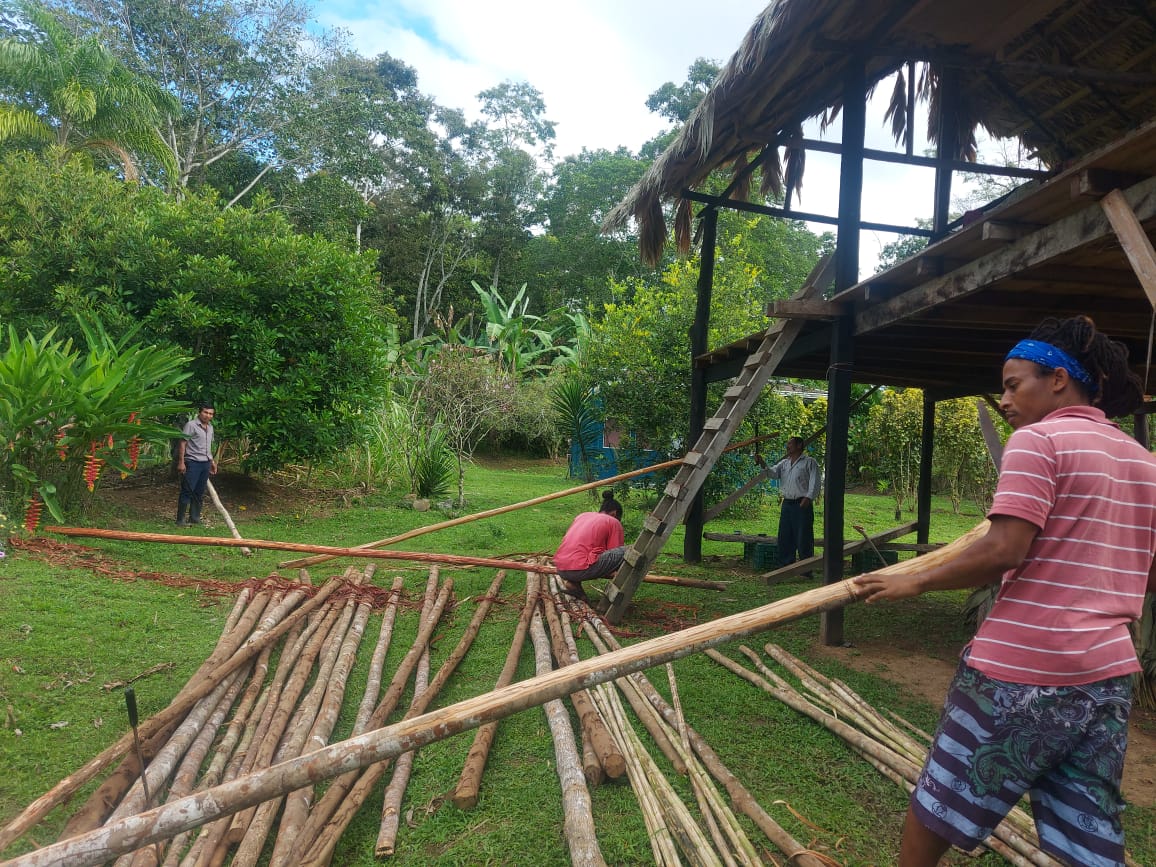




The Political Dimension of Permaculture: Nurturing Sustainable Change
How Permaculture Principles Empower Communities and Honor Indigenous Wisdom
Introduction
Permaculture, often seen as a way to design sustainable and regenerative landscapes, goes beyond gardening and agriculture. It is inherently political in its approach to environmental and social issues. This blog post explores the political dimension of permaculture, highlighting its role in empowering communities and respecting indigenous wisdom.
Understanding Permaculture's Political Roots
At its core, permaculture is about rethinking our relationship with nature, resources, and one another. The three primary ethics of permaculture—Earth Care, People Care, and Fair Share—have profound political implications:
- Earth Care: Permaculture recognizes that our planet's health is paramount. By caring for the Earth and implementing sustainable practices, we reduce the ecological footprint of our communities. This aligns with environmentalist movements that advocate for policies to combat climate change, protect ecosystems, and promote biodiversity.
- People Care: A critical political aspect of permaculture is its focus on community. By fostering self-reliant and resilient communities, permaculture empowers individuals to become less dependent on centralized systems, including food production and distribution. This can lead to social and economic transformation, challenging the status quo.
- Fair Share: The principle of fair share calls for equitable distribution of resources. It encourages us to rethink the current socio-economic systems, where wealth and resources are often concentrated among a few. Permaculture's emphasis on sharing resources and knowledge challenges economic inequality and supports more inclusive political structures.
Permaculture as a Tool for Indigenous Empowerment
Indigenous cultures around the world have long practiced sustainable land management and living in harmony with nature. Permaculture acknowledges and honors this wisdom, offering a platform for indigenous voices and practices to be recognized and integrated.
Indigenous communities have a deep understanding of local ecosystems, biodiversity, and regenerative practices. By collaborating with indigenous peoples, permaculture not only gains invaluable knowledge but also contributes to preserving indigenous cultures and their political autonomy. This recognition empowers indigenous communities to advocate for their rights and protect their lands against exploitation.
The Role of Permaculture in Political Change
Permaculture principles challenge the dominant paradigms that prioritize profit over sustainability and growth over well-being. As individuals and communities adopt permaculture practices, they engage in a form of political activism that champions sustainable living and environmental responsibility.
Furthermore, permaculture encourages local self-sufficiency, reducing reliance on centralized authorities. This, in turn, can lead to changes in governance models, emphasizing decentralization and community decision-making.
Cultivating Political Change through Permaculture
Permaculture is not merely a set of gardening techniques; it's a political statement—a call for sustainable and equitable change. By embracing the ethics of Earth Care, People Care, and Fair Share, permaculture challenges existing political structures and fosters a new way of interacting with the world.
As we honor indigenous wisdom and empower communities through permaculture, we take significant steps toward creating a more just and sustainable world. Permaculture isn't just a way of growing food; it's a way of growing better societies and more responsible citizens, making it a powerful force for political transformation.
Interested in learning more about permaculture's political implications? Explore our website and discover how you can be part of the change.